The US painter Mark Rothko (1903-70) received his first major commission in 1958 for the paintings now known as the Seagram Murals. For the series, Rothko abandoned the brighter colour schemes of his past works, opting instead for a sombre colour palette of reds, browns and blacks. The pieces were intended to line the walls of the Four Seasons restaurant in the Seagram Building on Park Avenue – a glittering symbol of New York opulence. However, as the UK curator, gallerist and video essayist James Payne explores in this episode of his YouTube series Great Art Explained, Rothko later abruptly withdrew the works after dining at the restaurant himself. In his analysis of Rothko’s work, Payne takes viewers on a deep dive into the historical context and making of the murals, including how they were delivered to the Tate in London on the same day Rothko was discovered dead by suicide in his New York studio. In doing so, Payne hints at the inherent tensions between money and artistic intention that extend far beyond Rothko’s Seagram project.
Can art in a swanky restaurant ever be transcendent? On Rothko’s Seagram Murals
Video by Great Art Explained
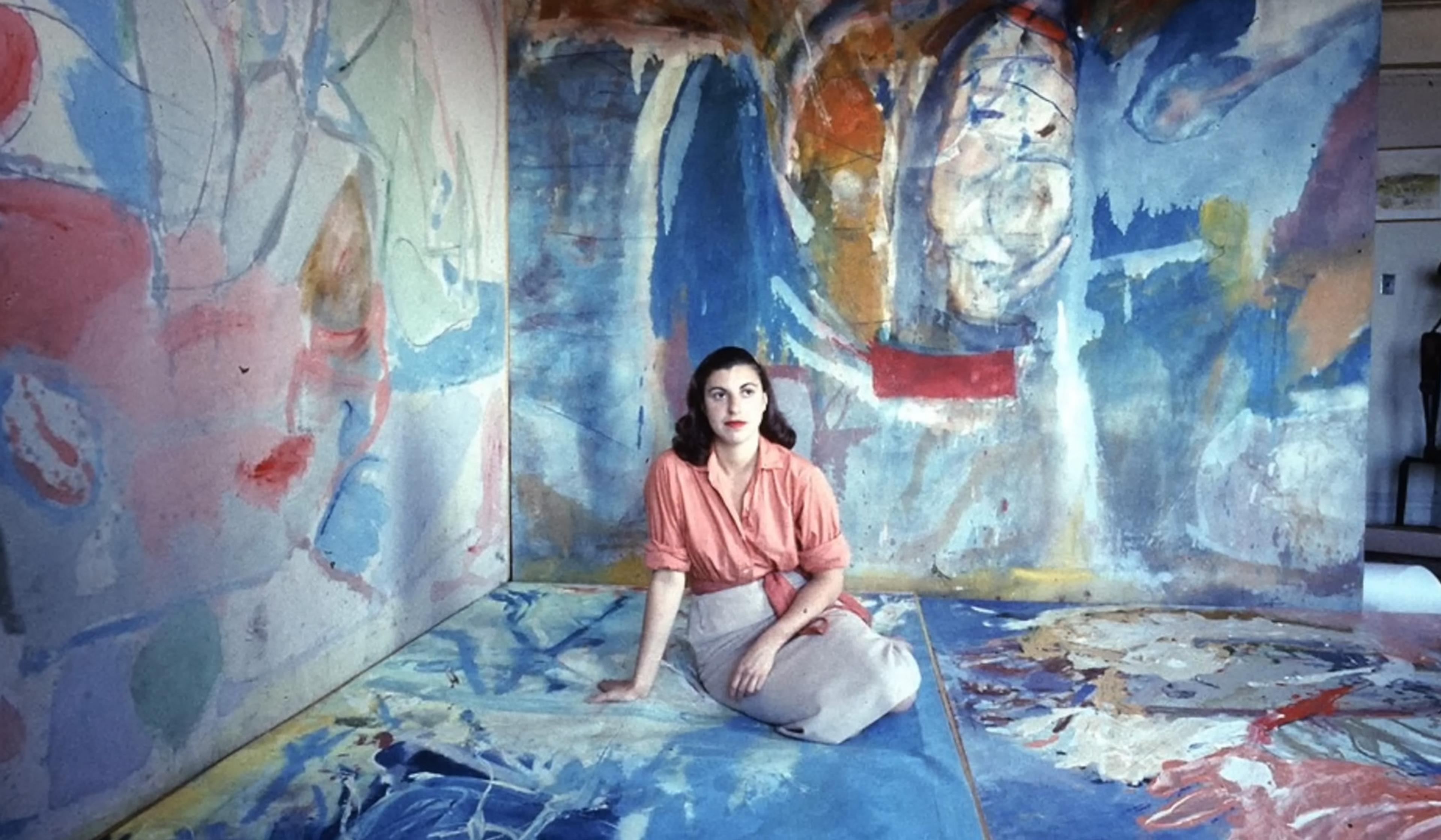
videoArt
The female Abstract Expressionists of New York shook the world of art
15 minutes
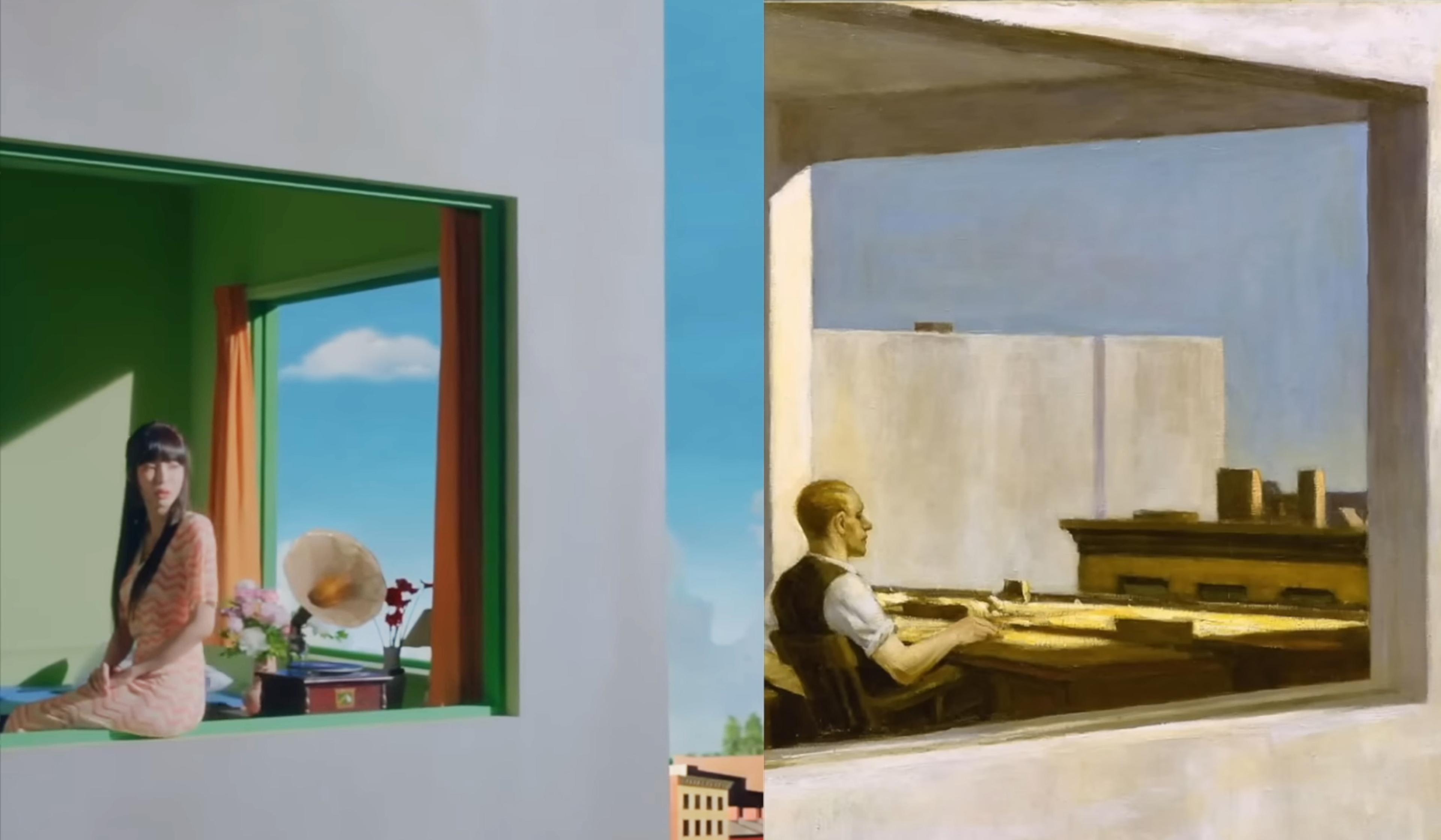
videoArt
Edward Hopper came of age with cinema. As an artist, he left a lasting mark on it
12 minutes
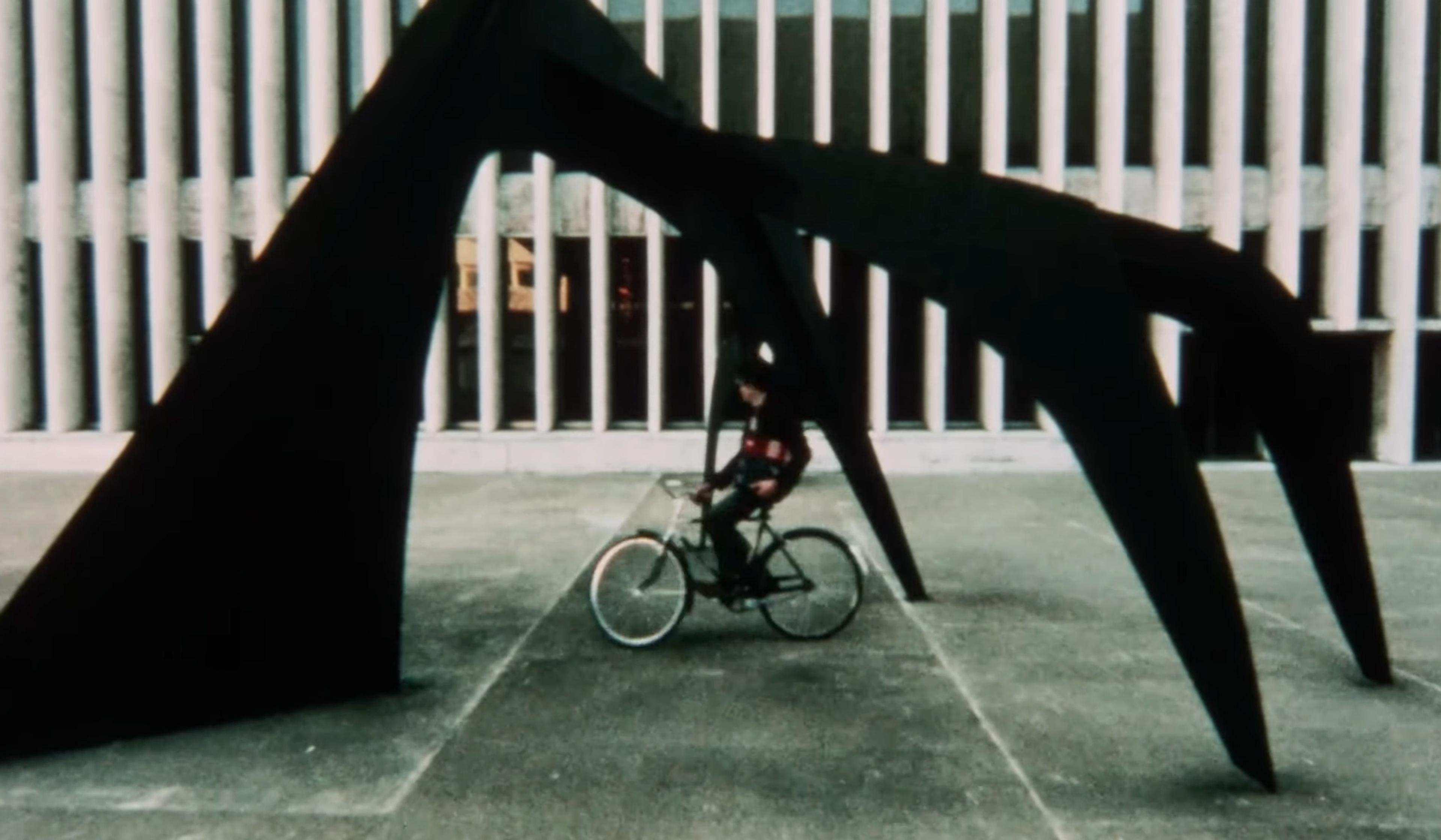
videoArt
A guided tour of New York’s public art in 1973, in all its charms and contradictions
28 minutes
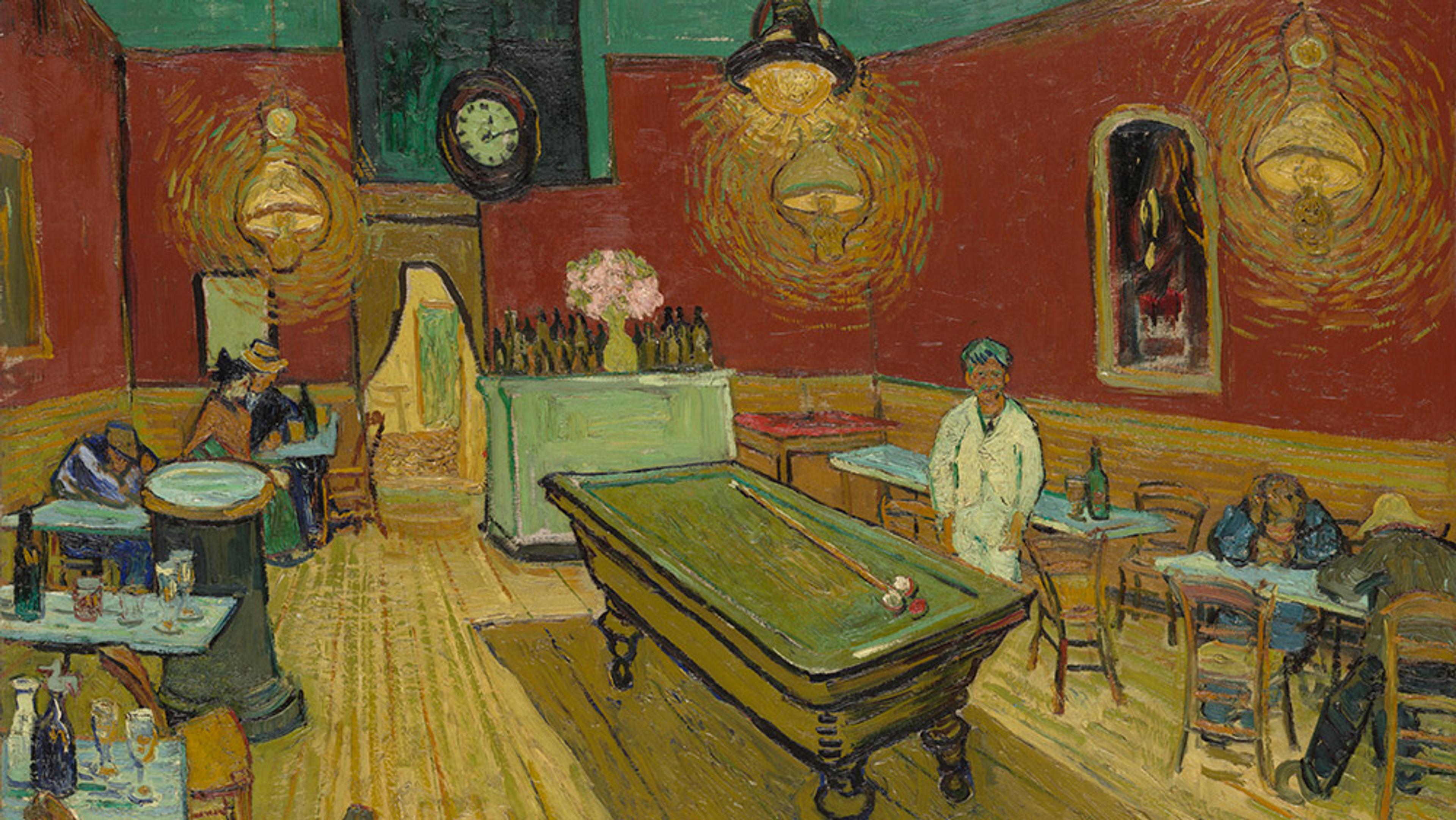
videoArt
Ugly on purpose: the intentionally drab desperation of Van Gogh’s ‘The Night Café’
7 minutes
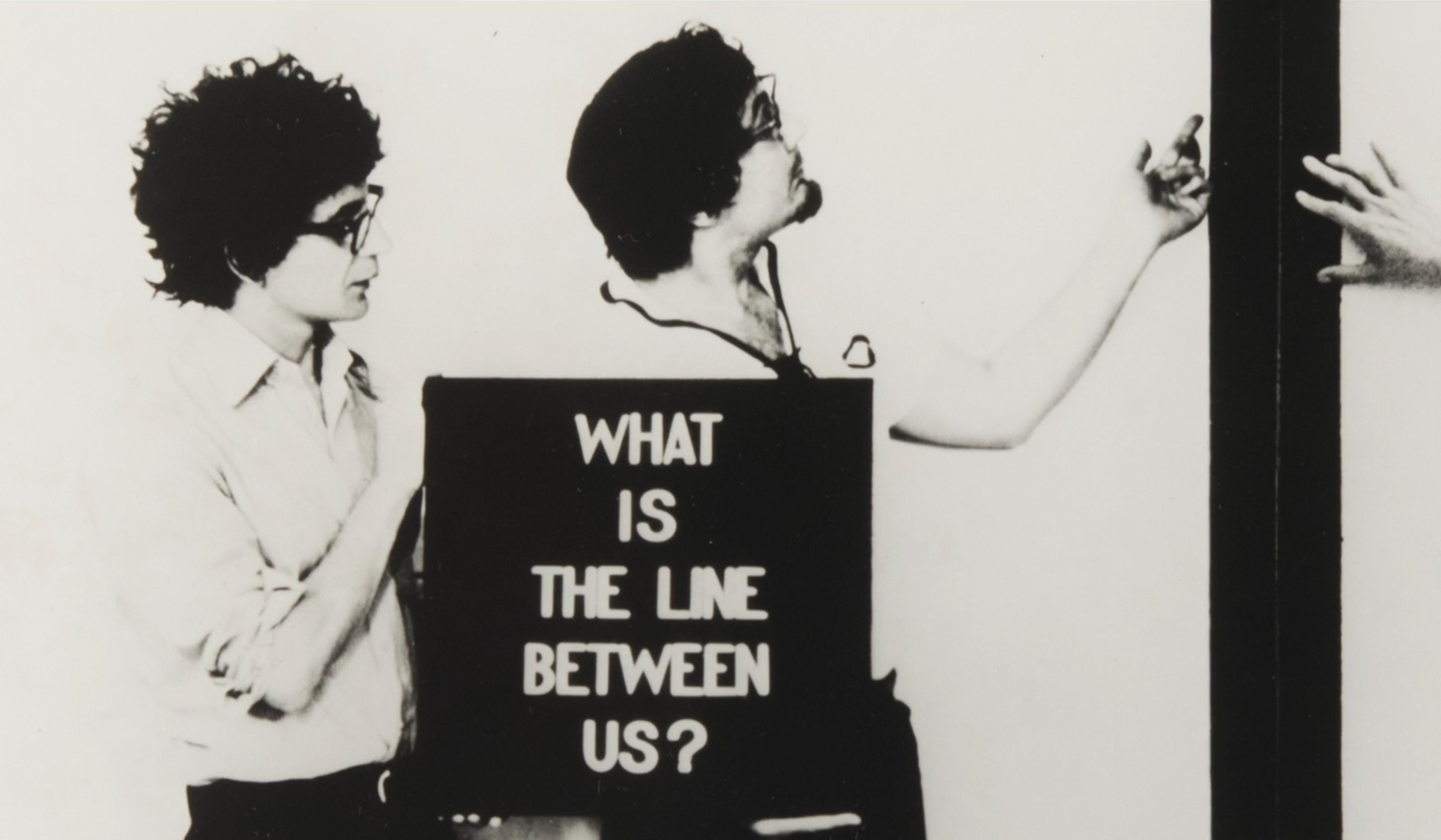
videoArt
The irreverent duo who thumbed their noses at the Soviet Union and the US art world
11 minutes
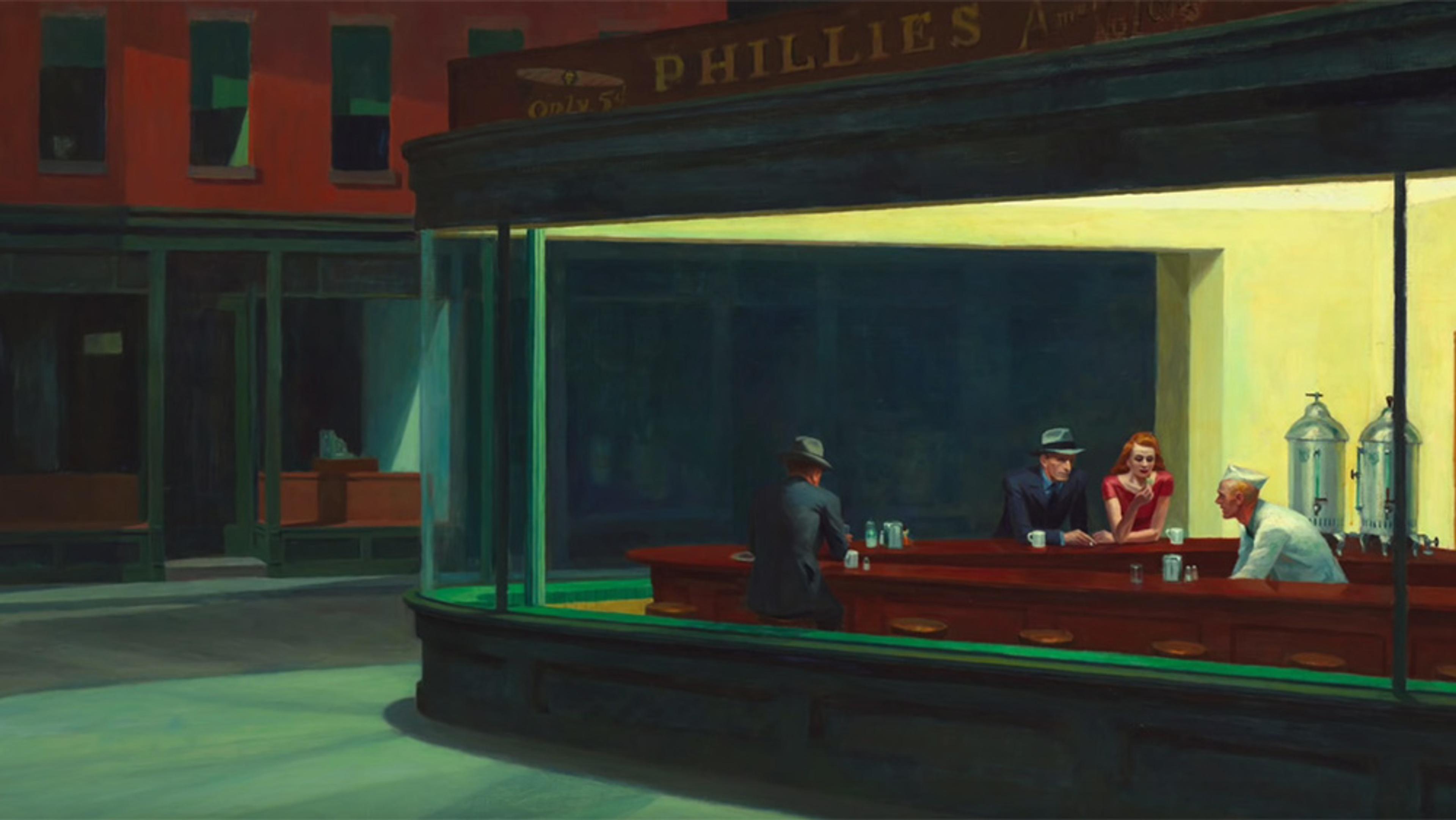
videoArt
The flickering ray of hope in the stark loneliness of Edward Hopper’s Nighthawks
8 minutes
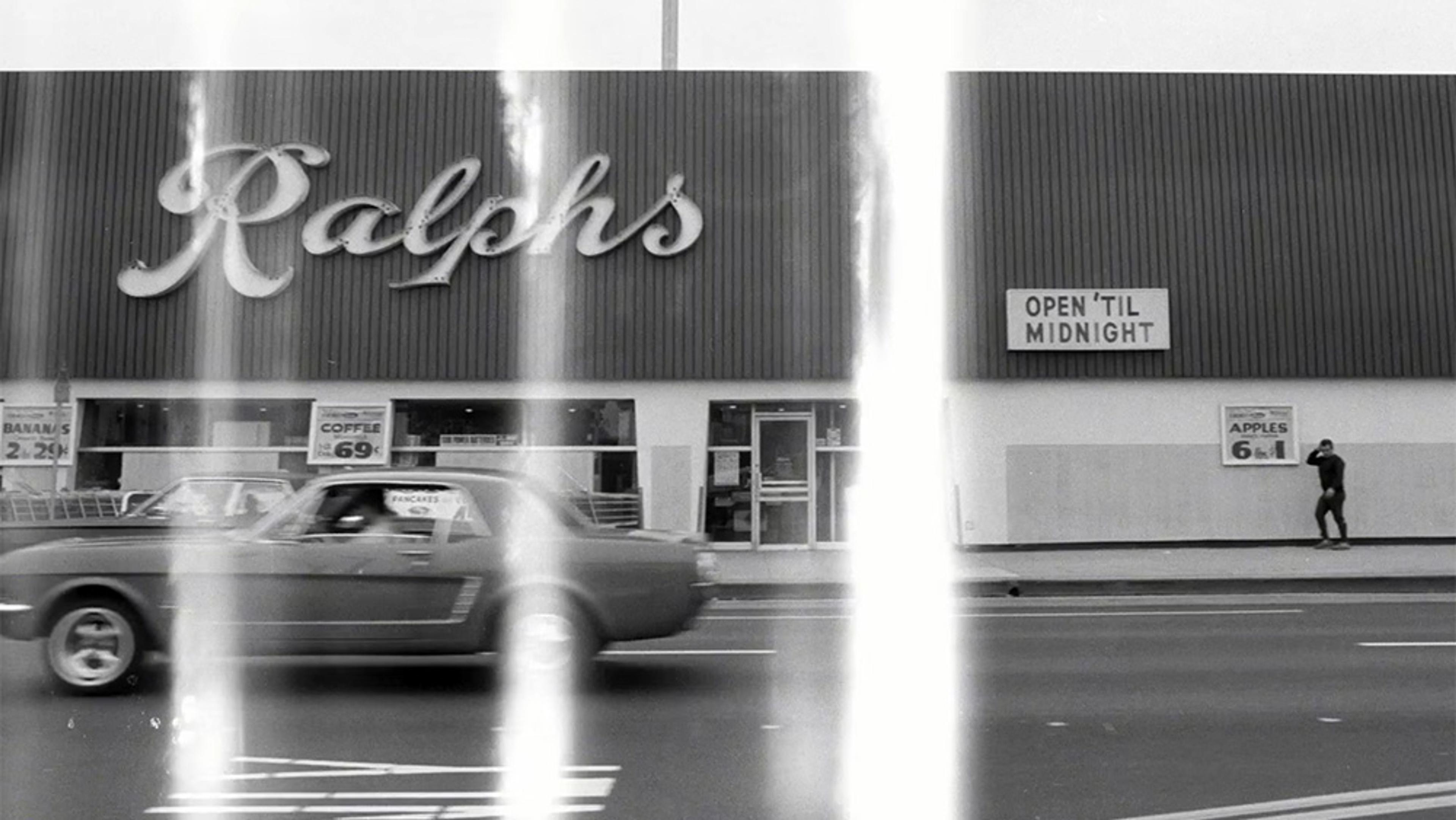
videoArt
Ride shotgun through mid-century LA with Ed Ruscha’s photos and Jack Kerouac’s words
2 minutes

videoBeauty and aesthetics
Can you see music in this painting? How synaesthesia fuelled Kandinsky’s art
10 minutes
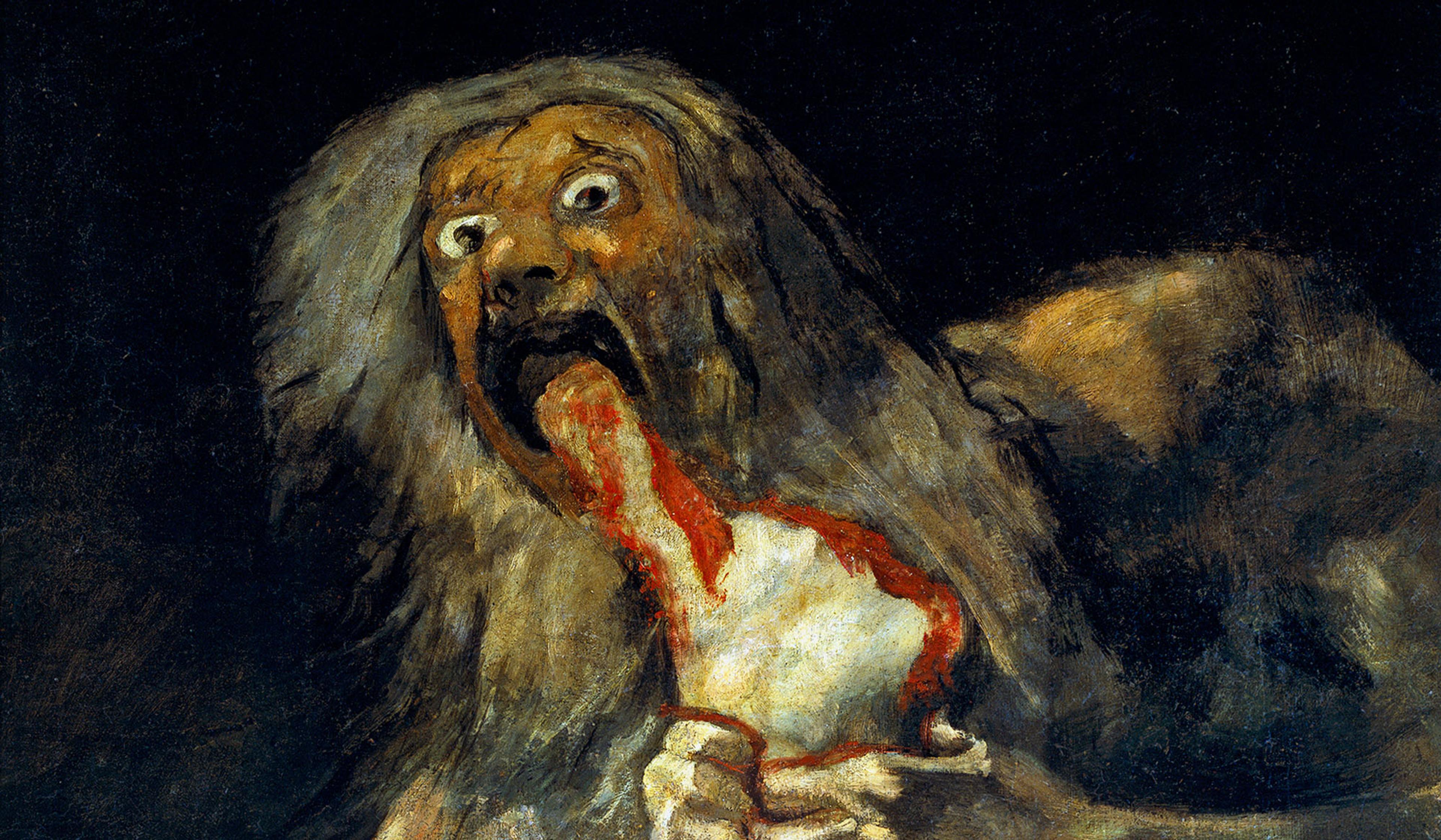
videoArt
Tracing Goya’s ‘dark’ journey from Spanish court painter to macabre visionary
51 minutes